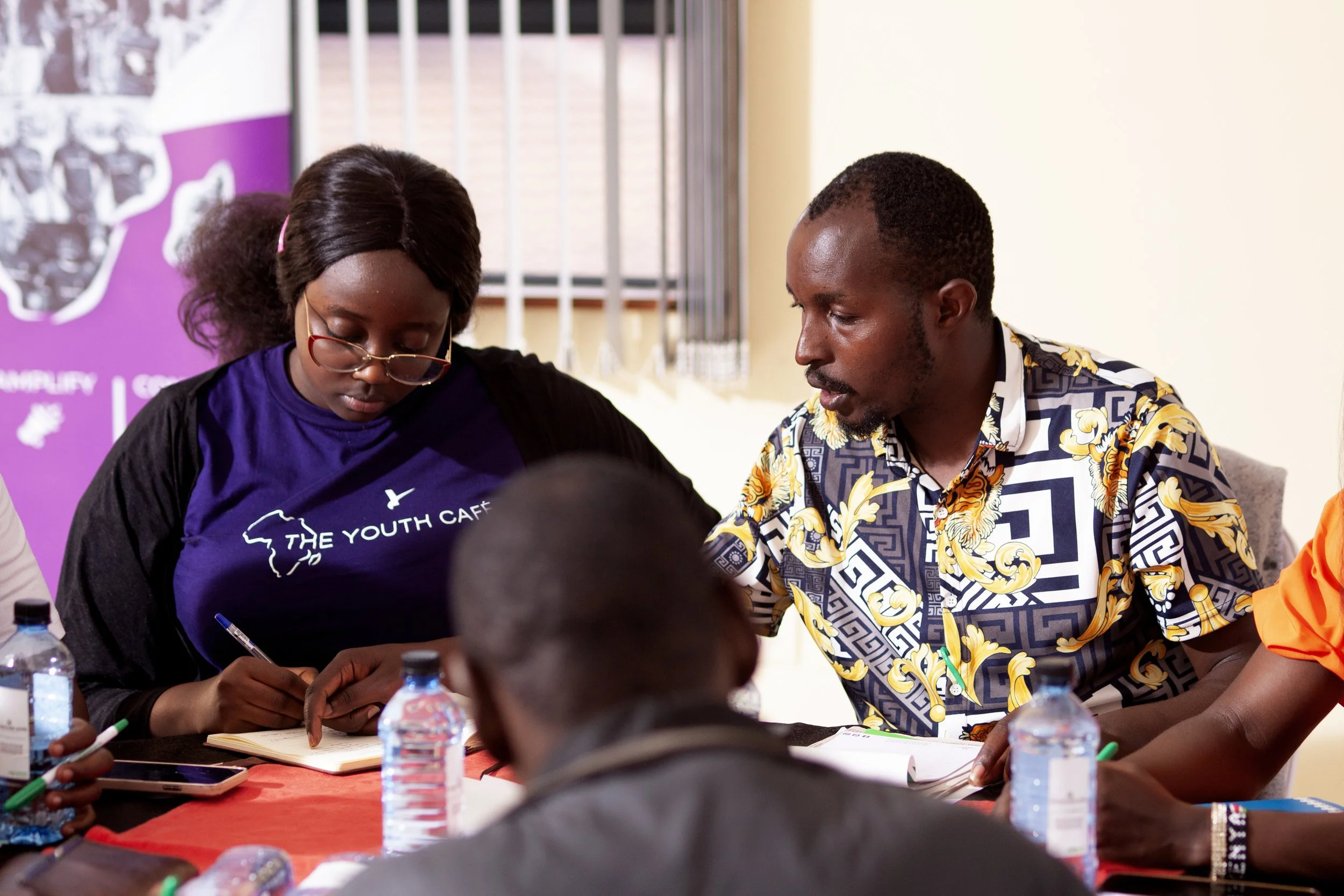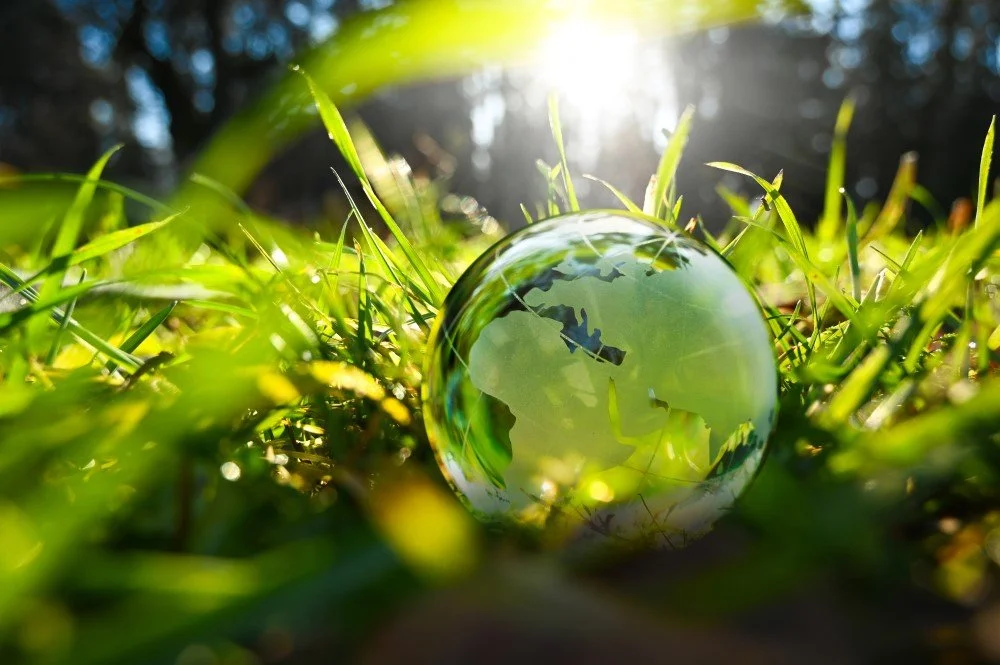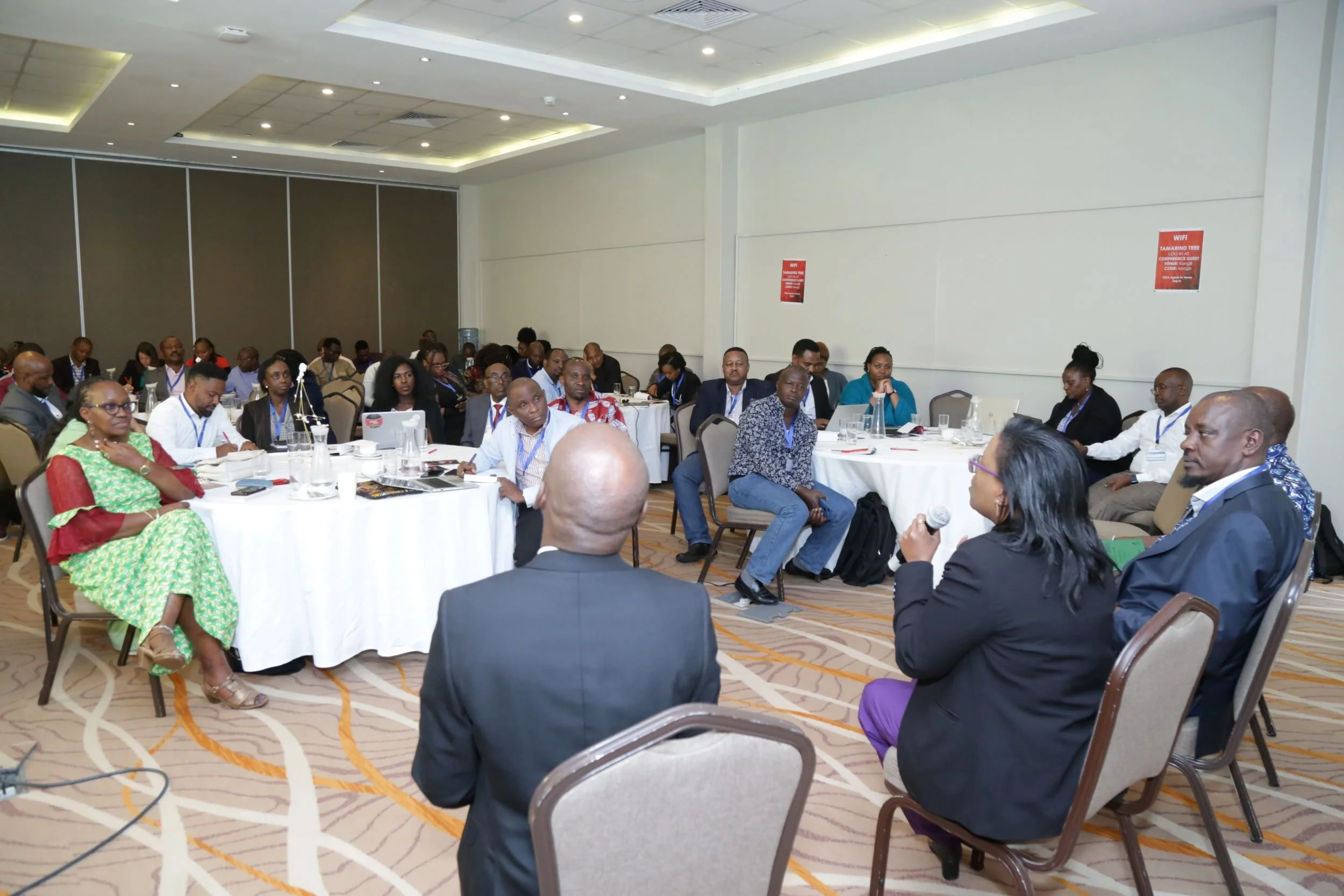As climate change intensifies, the question of who pays for the response is more urgent than ever. Kenya, like many developing nations, has submitted its position on the New Collective Quantified Goal on Climate Finance (NCQG) — the global target that will succeed the current USD 100 billion annual pledge made under the Paris Agreement.
Kenya’s message is clear: the new goal must be fairer, larger, and more responsive to the real needs of developing countries.







